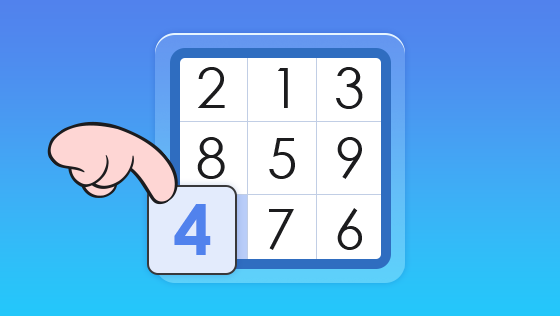Why Sudoku is Good for Your Brain
Sudoku is more than just a fun pastime - it's a powerful tool for mental fitness. Regular Sudoku practice offers numerous cognitive and psychological benefits that can improve your quality of life.
1. Improves Concentration
Solving Sudoku puzzles requires intense focus and concentration. Players must keep track of numbers, patterns, and possibilities simultaneously. This sustained attention helps strengthen your ability to concentrate on tasks in daily life.
2. Enhances Memory
Sudoku exercises both short-term and working memory. You need to remember which numbers you've tried, which strategies you've used, and keep track of multiple possibilities. This regular memory workout can help improve overall memory function.
3. Develops Logical Thinking
Every Sudoku puzzle is a exercise in logic. Players must use deductive reasoning, pattern recognition, and systematic thinking to solve puzzles. These skills transfer to problem-solving in other areas of life.
4. Reduces Stress and Anxiety
Many players find Sudoku meditative and calming. The focus required to solve puzzles can provide a break from daily worries and stress. It's a form of active meditation that engages the mind while promoting relaxation.
5. Delays Cognitive Decline
Studies suggest that regular mental exercises like Sudoku may help delay the onset of dementia and Alzheimer's disease. Keeping the brain active and challenged helps maintain cognitive function as we age.
6. Provides a Sense of Achievement
Successfully completing a Sudoku puzzle provides a dopamine boost and sense of accomplishment. This positive reinforcement can improve mood and self-esteem.
7. Improves Decision-Making Skills
Sudoku requires constant decision-making based on available information. Regular practice can improve your ability to analyze situations and make quick, accurate decisions.
Tips for Maximum Benefits
- Solve puzzles regularly - aim for at least one per day
- Gradually increase difficulty to keep challenging yourself
- Try different variants to exercise different mental muscles
- Take breaks to avoid mental fatigue
- Enjoy the process, not just the solution
